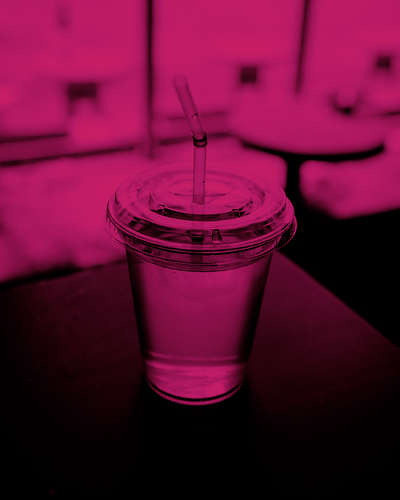Hypotonic dehydration: How to hydrate correctly (not only) in the gym and in the office

It may sound like a scientific term pulled from a medical textbook, but "hypotonic dehydration" is when the body loses more sodium than water. The consequence is a drop in blood sodium concentration and an imbalance between the amount of fluid and minerals in the body. And what does this mean in practice? Common symptoms include headaches, fatigue, confusion, muscle cramps, and, in more severe conditions, even brain swelling or seizures.
It's not enough to "drink more."
Many of us have a rule of thumb: "The more water I drink, the better." But if you've ever watched a colleague drink from a large bottle during the day and struggle to meet the goal of 3 liters of water a day, you may already suspect a problem. Water is essential, but if we overdo it while not replenishing minerals, the body can, in turn, dilute levels of essential electrolytes, especially sodium. This is when you risk hypotonic dehydration.
Why are electrolytes so essential?
Electrolytes, especially sodium, help the body with:
Water absorption: the correct ratio of electrolytes allows for more efficient hydration of cells.
Maintaining balance: Minerals prevent pure water in excessive amounts from "over-diluting" your body.
By supporting performance: Both in sports and in regular daily activity.
When we get into a state of hypotonic dehydration, our bodies lack salt, and we feel tired, unfocused, and paradoxically even thirstier.
How to hydrate smartly?
The key is to change how we think about hydration: it's not just about how much water we drink, but also what's in it. If you drink plain water all day, try:
1) Mineral water.
2) Electrolyte drinks: ideally, without unnecessary sugar and calories but with enough sodium. You could try ũnbeaten Ultra Hydration, for example, which tastes great and is suitable for those watching their energy intake thanks to its zero-calorie content.
I personally indulge in electrolytes daily in the morning and evening and consider them a real game-changer. Surprisingly, people often appreciate them as a "cure" for hangovers as well. Officially, this is not their primary purpose; ũnbeaten performance is primarily sports nutrition. But hand on heart: everyone occasionally welcomes a quicker return to form after a hard party.
To conclude
Whether you spend your day trail running or travelling between meetings, remember that hydration isn't just about the amount of water you drink; it's about fluid and mineral balance. Add electrolytes to your routine and say goodbye to fatigue, headaches, and endless thirst.
Hydration is about balance, not volume. If you take it seriously, you'll see it in your performance, concentration, and overall sense of well-being—and that's worth it!
